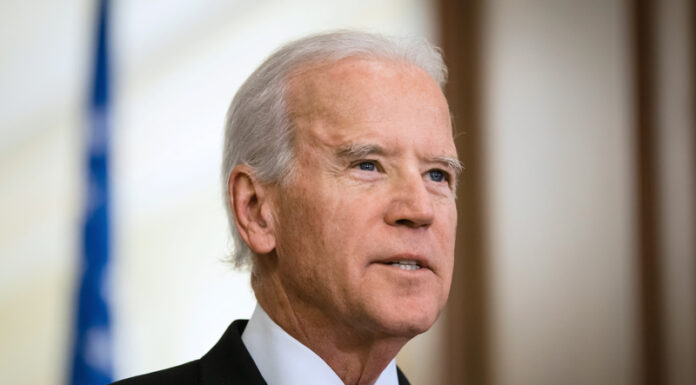President Joe Biden’s recent confrontations with journalists over queries about his age and cognitive health has intensified existing concerns about his suitability for office. This comes as recent polls and news reports depict an increasingly challenging situation for the 82-year-old U.S. leader.
On Sunday, January 5, 2025, during a tense exchange with reporters, Biden spoke out, robustly defending his knowledge and experience, asserting, “My being the oldest president, I know more world leaders than any of you have ever met in your whole (expletive) life,” while pointing aggressively at the press. This defensive stance came as scrutiny of Biden increased towards the end of his presidential term.
The incident occurred just hours after Biden had difficulties during a public event, forgetting a man’s name while singing “Happy Birthday” at a ceremony. The incident rapidly spread online, raising further questions about his cognitive health.
An investigation published on December 19, 2024, by the Wall Street Journal, based on interviews with nearly 50 individuals with direct knowledge, revealed how staff members frequently reiterated basic instructions to Biden and modified his schedule based on “good days and bad days.” The report also disclosed that press aides were instructed to exclude negative stories about the president from his daily briefings.
According to an Associated Press poll, approximately 60% of U.S. adults have reservations about Biden’s mental fitness to serve effectively as president. Notably, about one-third of Democrats now express doubts about his cognitive abilities, a significant increase from 14% two years ago.
Jan Crawford, a veteran reporter from CBS News, described Biden’s “obvious cognitive decline that became undeniable in the televised debate” as the most underreported story of 2024. Attendees at a Los Angeles, California fundraiser noted a “marked difference” in Biden’s cognitive state from spring to summer 2024.
As medical experts explain, aging affects cognitive function in two specific ways: while older adults retain their accumulated knowledge and learned skills, they often experience a decline in mental flexibility, problem-solving abilities, and their capacity to sift through important information amidst distractions.
Lindy Li, a member of the Democratic National Committee, has proposed that a “shadow presidency” is effectively governing the country, with Biden’s “inner circle of people” and “senior advisers” making crucial decisions. The White House has refuted these allegations.
Reports suggest that First Lady Jill Biden has sought to curtail the president’s media exposure, especially during impromptu moments. Sources suggest that she and the president’s sister, Valerie Biden Owens, might have persuaded him to bow out of the race when presented with conclusive data supporting such a decision.
White House Press Secretary Karine Jean-Pierre has made a noticeable shift to policy issues during press briefings, sidestepping direct responses to questions about the president’s cognitive health.
Senator Chuck Schumer also recently defended himself on NBC’s Meet the Press against accusations that Democratic leadership misled the public about President Biden’s cognitive capabilities. When host Kristen Welker confronted him with his February 2024 statement praising Biden’s “mental acuity,” Schumer dismissed claims of deception. “His mental acuity is great, it’s fine, it’s as good as it’s been over the years.” Schumer had previously claimed, denouncing “right-wing propaganda” about Biden’s decline.
When pressed by Welker about potentially misleading Americans, Schumer deflected to Biden’s accomplishments: “Look, we didn’t. Let’s look at President Biden. He’s had an amazing record,” citing legislative achievements and judicial appointments.
The senator characterized Biden’s eventual withdrawal from the race as a selfless choice, noting that “he did it on his own because he thought it was better not only for the Democratic Party, but for America. We should all salute him.”








